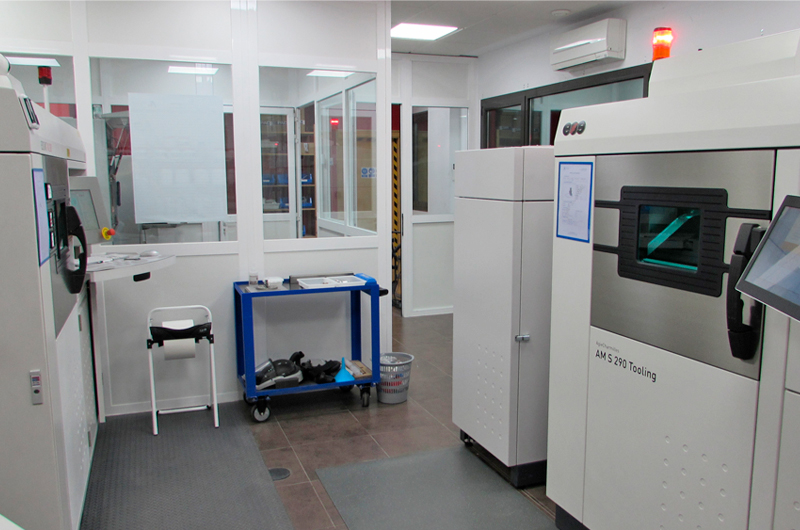
Plastics engineer
Plastics engineer A Plastics Engineer is a professional skilled in the design and manufacture of plastic components. They are responsible for planning and overseeing the production of plastic products, creating prototypes, and ensuring the quality of the final product.
Plastics engineer. A plastics engineer is someone who designs and develops plastic products, such as bottles, containers, and packaging. They use a variety of materials, such as polyethylene, polypropylene, polystyrene, and polyvinyl chloride, to create molds that can be used for casting and extruding plastics. Plastics engineers also apply mechanical and chemical principles to ensure the products meet the required design specifications. They often collaborate with other engineers and scientists to develop new materials and processes for manufacturing products. Additionally, they may also be involved in the testing, evaluation, and analysis of the products before they are released to the public. Plastics engineers must have a strong understanding of chemistry, physics, and materials science, as well as the ability to think logically and solve problems. They must also have excellent communication and interpersonal skills, as they often work with other professionals from different disciplines. Additionally, they must demonstrate an aptitude for problem solving and a willingness to take on complex challenges.
A plastics engineer is a professional involved in the design and creation of plastic products, including bottles, containers, and packaging. Working with a range of materials like polyethylene, polypropylene, polystyrene, and polyvinyl chloride, they develop molds suitable for casting and extruding plastics. Applying both mechanical and chemical principles, plastics engineers ensure that the products meet specific design requirements.
Collaboration with other engineers and scientists is common for plastics engineers, especially in the development of innovative materials and manufacturing processes. They play a crucial role in the testing, evaluation, and analysis of products before their release to the public. This process demands a comprehensive understanding of chemistry, physics, and materials science, coupled with strong problem-solving abilities and logical thinking.
Effective communication and interpersonal skills are vital for plastics engineers, given their frequent collaboration with professionals from diverse disciplines. Demonstrating an aptitude for problem-solving and a willingness to tackle complex challenges is essential in this field.




